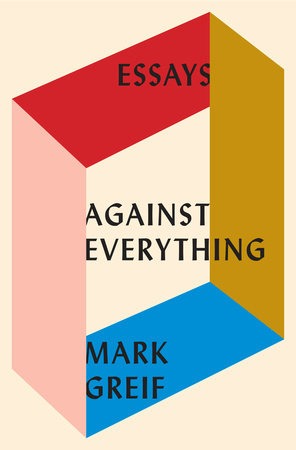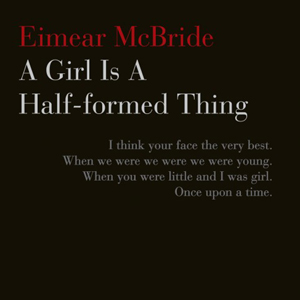
This article is a preview from the Winter 2016 edition of New Humanist. You can find out more and subscribe here.
Against Everything: On Dishonest Times (Verso) by Mark Greif
Mark Greif is a founding editor of N+1, a New York magazine founded in 2004 which, in retaliation against a prevailing culture of irony and indifference, declared in its first issue that it was “time to say what you mean”. Greif and his co-founders appeared to be answering the call of David Foster Wallace a decade earlier, when he had written in the Review of Contemporary Fiction that “the next real literary ‘rebels’ in this country might well emerge as some weird bunch of ‘anti-rebels’, born oglers who dare to back away from ironic watching, who have the childish gall actually to endorse single-entendre values.”
Twelve years on from the magazine’s launch, Greif has amassed a collection of sober and enquiring essays on topics as diverse as gym culture, hipsters, the function of police and learning to rap. The author has described Against Everything as “a cultural argument in linked essays”, building up a picture of a society moulded, often unconsciously, by the logic of consumer capitalism. It is not a far cry, in its concerns, from another book Verso has published in the same month, by Stuart Jeffries, arguing for the importance of the Frankfurt School. But although informed by theory, Greif’s argument is mercifully light on jargon, opting for philosophy in plain English and careful deliberation over the everyday.
The first section of the book reflects on “the rules of food, of sex, of exercise, of health, [which] give us ways of avoiding facing up to a freedom from care that we may already have within reach.” These are areas of our lives which, he argues, are no longer governed by necessity but by fetishisation, private needs turned into public, monetised performances: deferring the convenience of food by seeking out arcane ingredients, sexualising youth as a way of commoditising the body, turning exercise into a public pursuit of something other than health. Since we no longer struggle for survival, we create artificial obstacles, impose new rules of struggle, to lend our lives meaning.
These essays are an earnest attempt to examine the points of friction between capitalism and our daily lives, as well as an attempt to discover their resolution. Greif has always been a remarkably prescient and insightful essayist - in 2006, he had already begun to write about issues, such as Universal Basic Income, that would reach the mainstream only after the financial crisis and the resulting Occupy movement – but his elegance has grown with time, leaving behind his earlier flirtation with portentousness (“Let the future, at least, know that we were fools… Record our testament[!]”). Some of the most rewarding passages in the collection are, therefore, the most recent, such as his essay on policing, or his editorial update to the essay on reality television, which brilliantly dissects the bland horror of Keeping Up with the Kardashians.
And yet his anti-capitalist heroes are not necessarily those of the 20th or 21st century. In a series exploring the “Meaning of Life”, Greif rejects the accrual of hedonistic experience or mere objects, and harks back to the first Greek philosophers, the aestheticism of Gustave Flaubert and, particularly, the perfectionism of Henry David Thoreau. For a writer ostensibly against everything, Greif finds an unexpected solace in the lives of others as an antithesis to one’s own life, synthesising a new self and continuing the search. As he points out, “the instant for philosophy is always now, and every day, because some of us need a lifetime for it. We are slow learners.”

